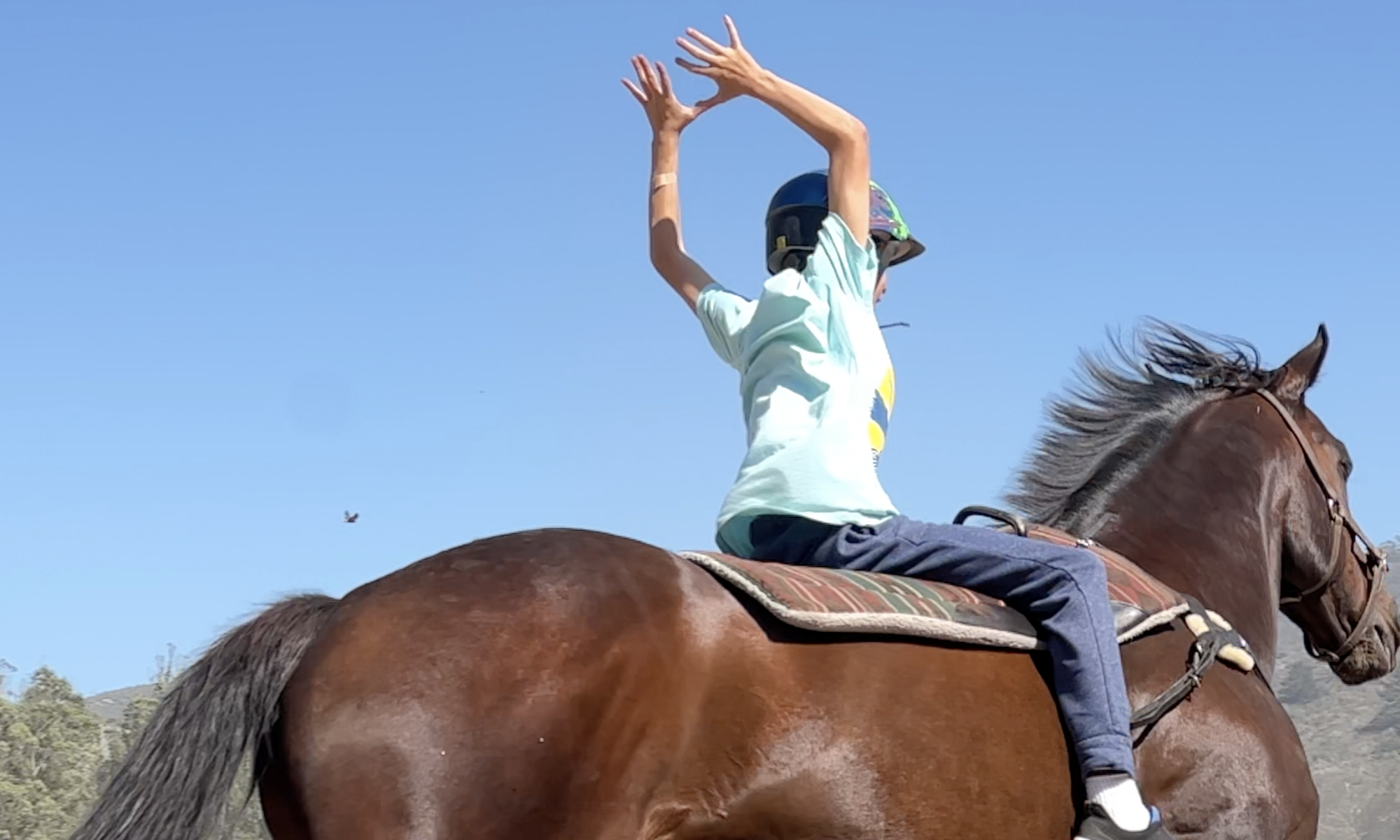The question of how to help parents, teachers, and community members understand that many children who have been identified as having “behavior issues” that have traditionally been dealt punishments, isolation, and worse actually are desperately needing attunement, care, and acceptance is on my mind very much.
I could spend time “preaching to the choir” talking to families of people with kids that have been labeled as challenging and we could compare horror stories of how their kids had been treated badly in the community – but while that helps hold space for families, I wanted to assemble something for others to explore and to expand their understanding of how brains work, how real compassion is not “coddling” and also to bring a sense of curiosity that may lead people to explore this work.
The challenge then, becomes one of getting people’s interest. One of my favorite ways to think about sparking interest is to make something funny, catchy, accessible and entertaining. But how do you make the intersection of brain science and compassion entertaining without undermining the critical nature of both subjects?
My solution: an amateur parody of a song that is widely known, catchy and, well – fun.
I chose Lin-Manuel Miranda’s “Alexander Hamilton” because it’s a well-known story born from trauma that develops into triumph; because it’s got a lot of words in it so that I could fit a lot of concepts into the parody and because I just love the tune.
Below the video is a list of resources – a toolkit of sorts – most of them mentioned in the parody lyrics and I few that I think are useful on many levels for building classrooms and communities that can recognize toxic stress in people and react with attunement, co-regulation and kindness where we might otherwise be defensive, angry or confused.
I’d like to thank the staff of Square Peg Foundation for being such good sports as I finagled them into singing lyrics, reviewing footage, and mostly for being shining beacons of humanity in exemplifying trauma informed practices.
Resources
DANA, D. Creating A Story Of Safety: A Polyvagal Guide To Managing Anxiety. . (2020). [Video/DVD] PESI Inc. https://video.alexanderstreet.com/watch/creating-a-story-of-safety-a-polyvagal-guide-to-managing-anxiety
DELAHOOKE, M. (2019). Beyond behaviors: Effective neuroscience-based tools to transform childhood behaviors. Eau Claire WI: PESI, Inc.
DESAUTELS, L. (2020). Connections over compliance: Rewiring our perceptions of discipline. Deadwood, OR: Wyatt-Mackenzie Publishing.
HARRIS, Nadine Burke (2020). Deepest well: Healing the long-term effects of childhood adversity. BLUEBIRD.
HARRIS, Nadine Burke (2019) Written Statement of Dr. Nadine Burke Harris Surgeon General of California Before the Committee on Education and Labor United States House of Representatives Full Committee Hearing: Trauma-Informed Care in Schools https:// edlabor.house.gov/imo/media/doc/BurkeHarrisTestimony091119.pdf
PERRY, Bruce. (2017, November 16). Early Brain Development: Reducing the Effects of Trauma [Video]. https://www.youtube.com/watch?v=Hp6fZrzgiHg
PERRY, B. [Info NMN]. (2020,). 12. Understanding the Power Differential:Neurosequential Network Series on Stress & Trauma. [Video]. YouTube. https://www.youtube.com/watch?v=ulwfwYDffV8
PERRY, B. [Neurosequential Network]. (2020, April 2). 4. Regulate, Relate, Reason (Sequence of Engagement): Neurosequential Network Stress & Trauma Series. YouTube.
PERRY, B. D. & APLON, J.S. (2019) In Collaborative Problem Solving: An Evidence based Approach to Implementation and Practice. Springer, Boulder
PERRY, B.D. & WINFREY, O. (2021) What happened to you? Conversations on trauma, resilience, and healing. Flatiron.
PORGES, S.W. (2020). Clinical Neuropsychiatry. The Covid-19 Pandemic Is a Paradoxical Challenge to Our Nervous System: A Polyvagal Perspective, 17(2), 135–138.
PRIZANT, Barry, PhD. (2016) Uniquely Human: A Different Way of Seeing Autism, Simon & Schuster
VAN DER KOLK, B. (2012). The Body Keeps the Score. Viking.


Thank you for making this important subject into brilliant fun. Congratulations to the entire Square Peg staff for a fabulous performance here and for putting the wisdom in this video into loving action. WOW.
I love this!!